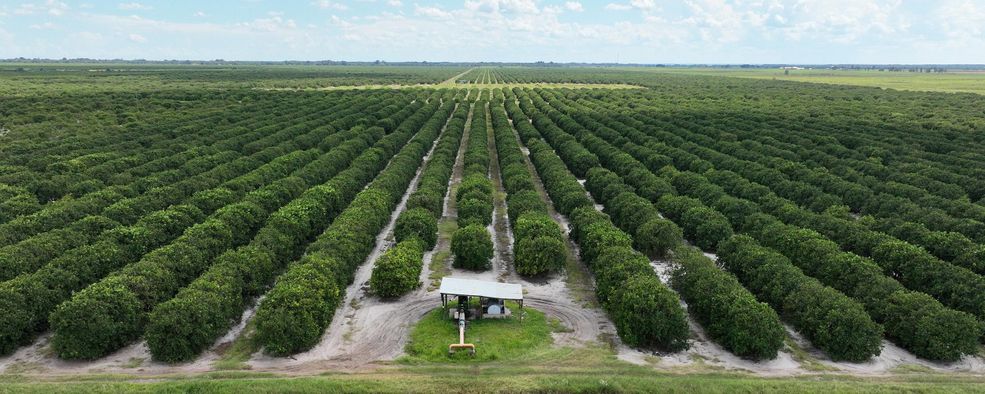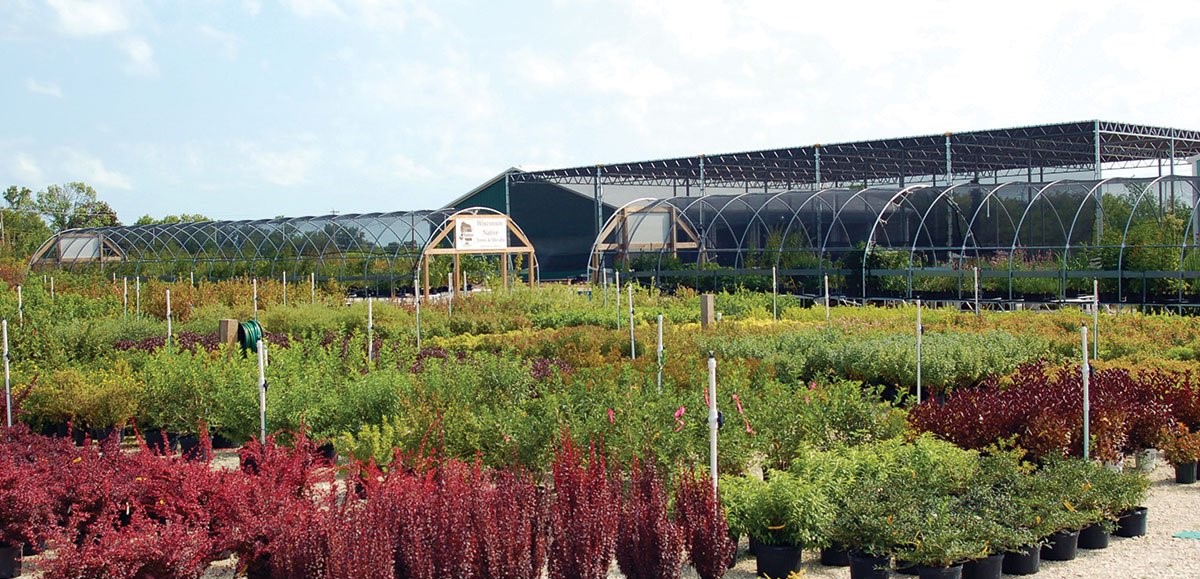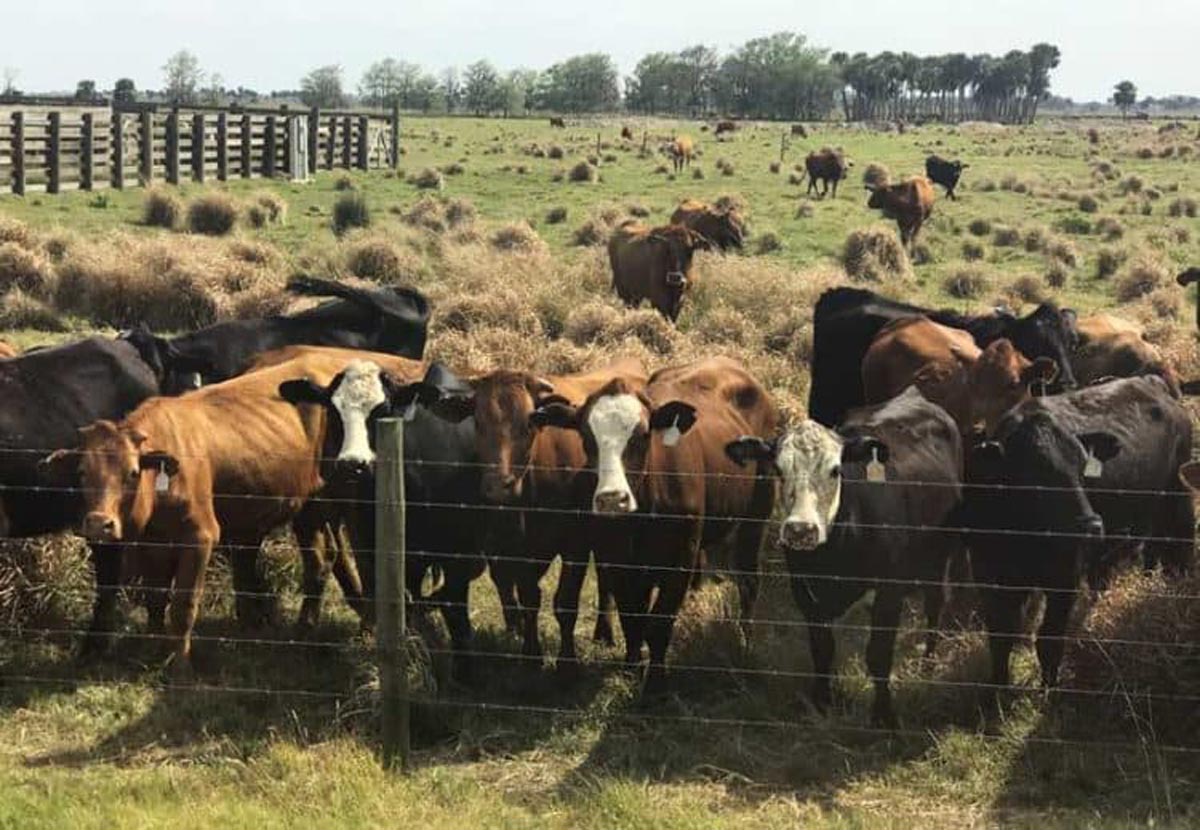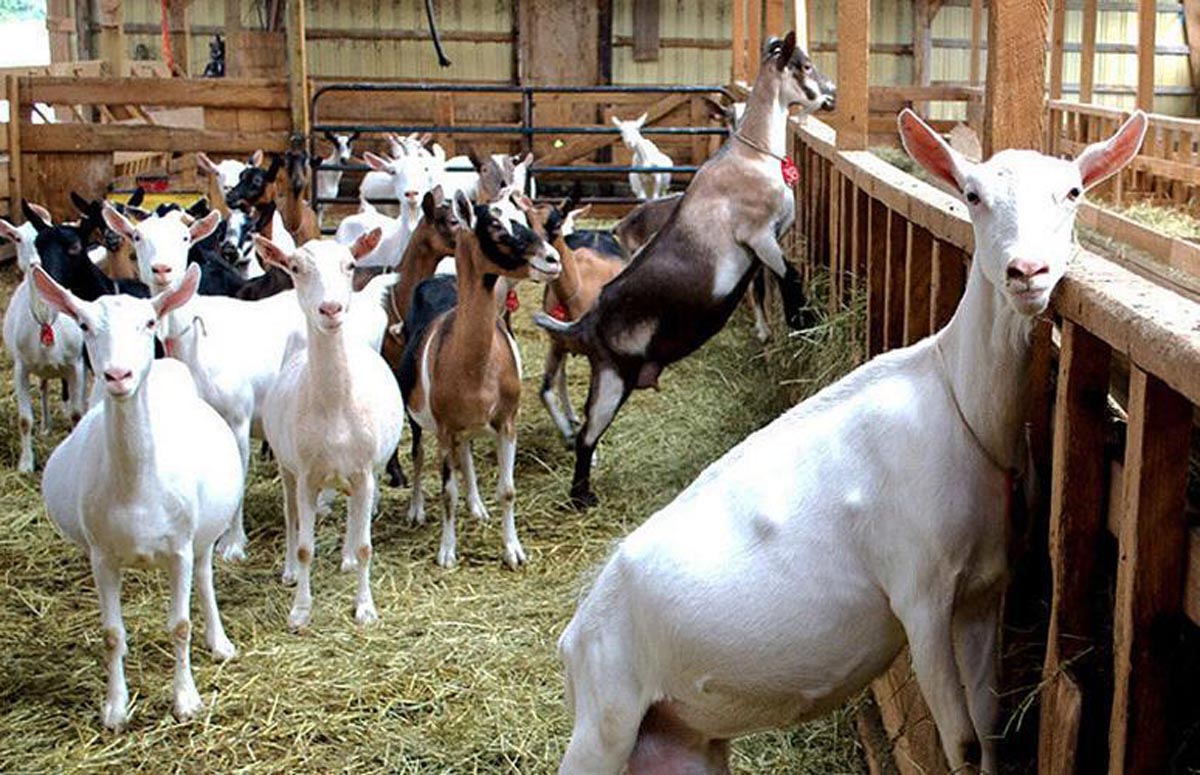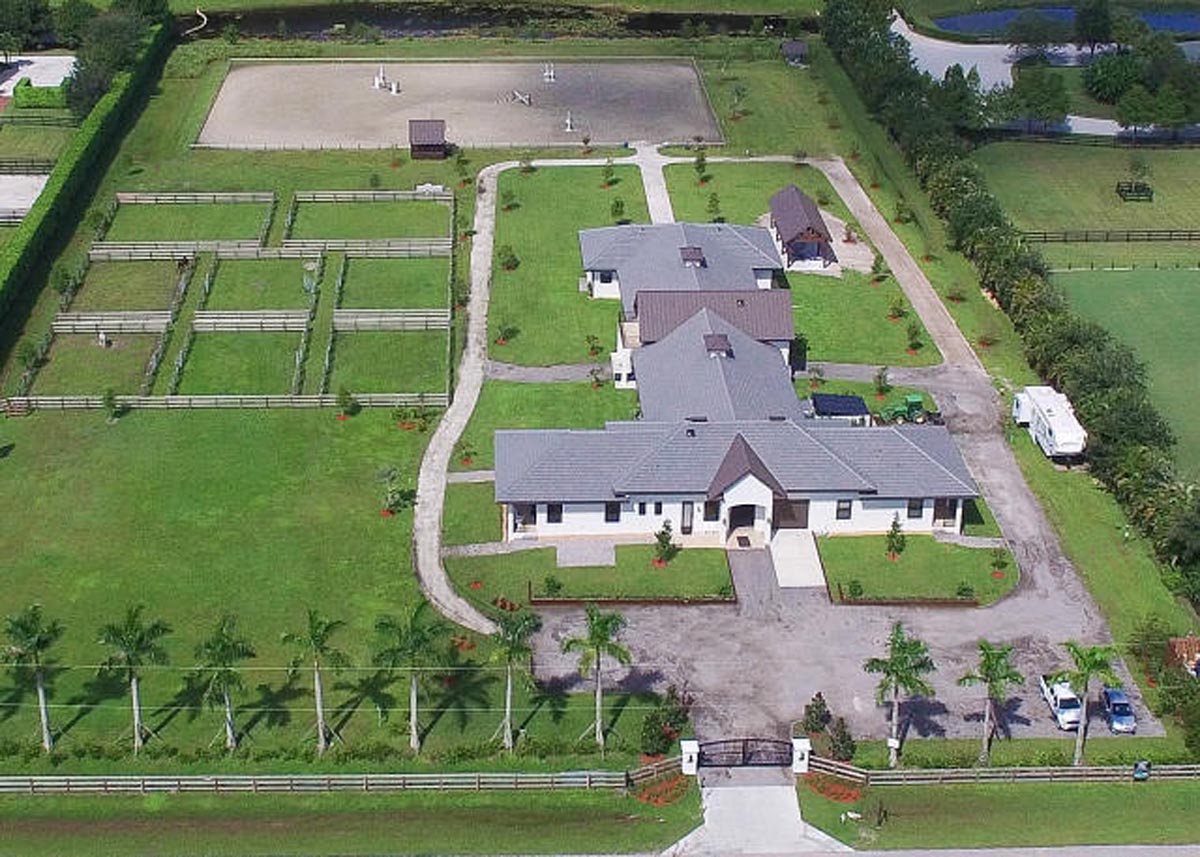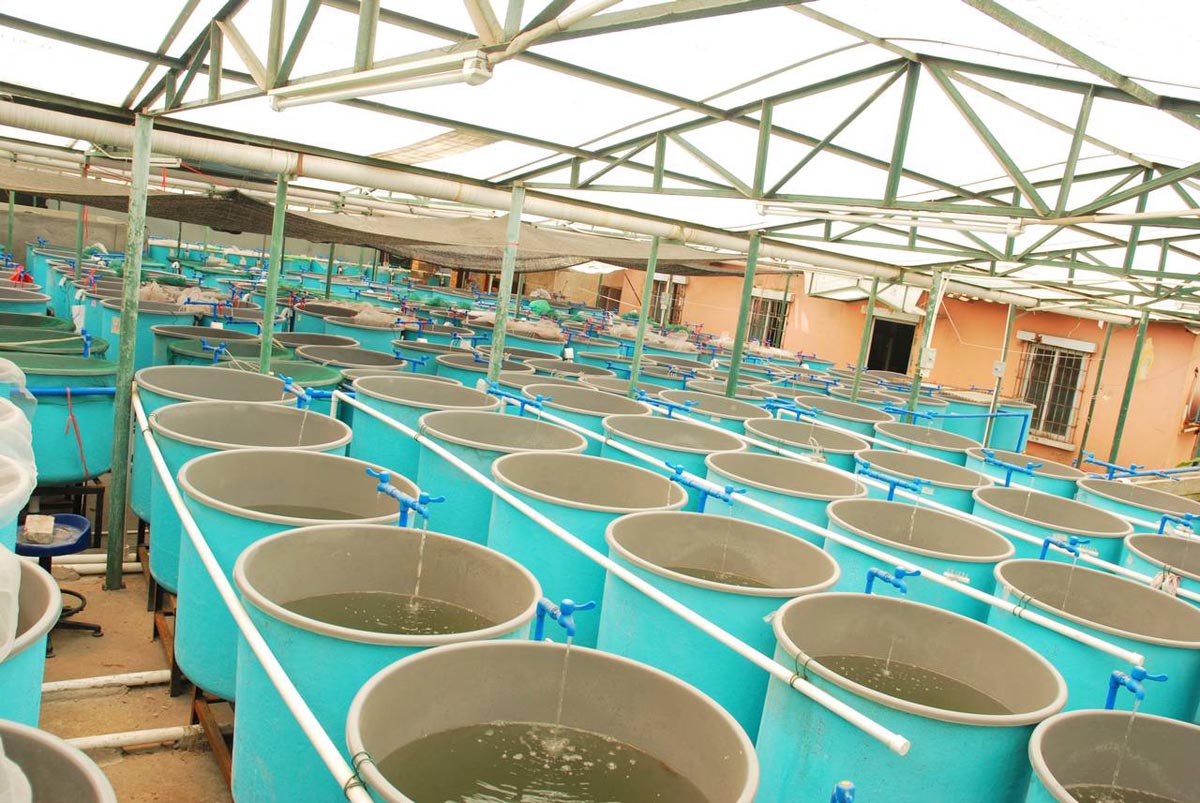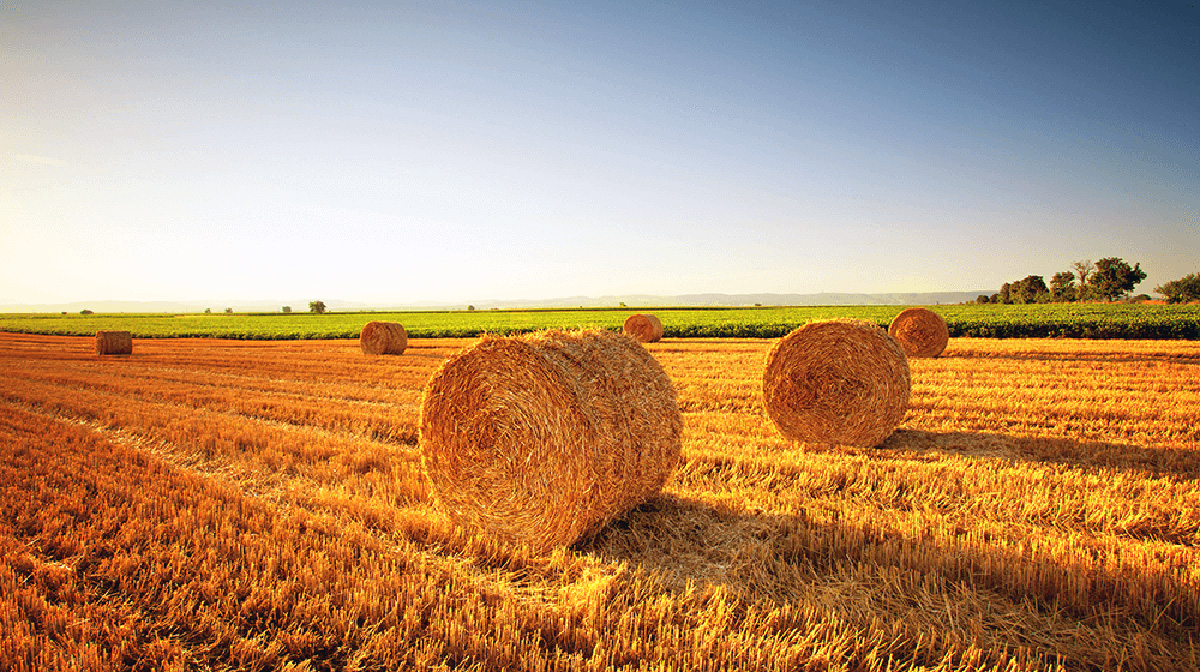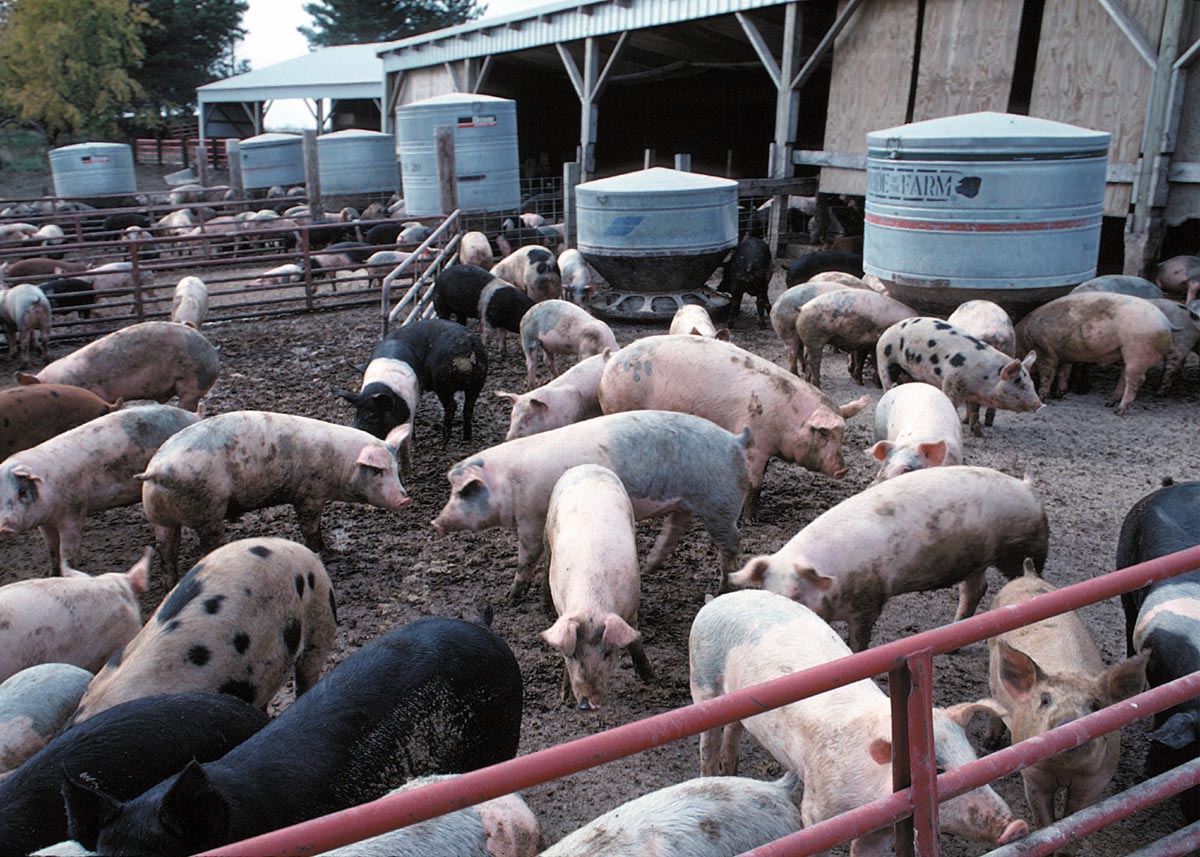You may qualify for Homestead Exemption and Agricultural Classification on your property. The portion of land and any buildings that are primarily used for your residence are considered your homestead and will be assessed separately (generally one acre minimum). By applying for Agricultural Classification on homesteaded property, you certify that some of the land is used primarily for commercial agriculture. The land used for the commercial agricultural operation is excluded from the Homestead Exemption and other assessment limitations including the Save Our Homes Benefit (Portability).
Each year, the amount of the Save Our Homes Benefit (Portability) that you have accrued is shown on your Notice of Proposed Property Taxes. If you decide to apply for Agricultural Classification on your homesteaded property, you will be limiting your homestead land, thereby reducing your portability should you decide to sell your home and take your accrued Save Our Homes benefit with you. Over time, the Agricultural Classification annual savings may outweigh the one-time portability in homestead savings, but may not outweigh the potential tax savings after a new home is purchased.
In cases involving homestead properties, it is typically more beneficial to forego the Agricultural Classification in order to protect the property from future assessment increases in case you or your tenant stop using your land for commercial agriculture or if you decide to sell the property.
We cannot accurately calculate how much agricultural classification will save you ahead of time. It is not an exemption and many variables go into calculating the assessment of a property with agricultural classification such as:
- How many acres qualify and for what use? Only the acres being used for commercial agriculture qualify and each use has a different rate. The acreage is measured after the use is in place.
- For approved acres, the use value overrides the market value. However, if this is not the first year under the current ownership, the assessed value may be lower than the market value because of homestead or non-homestead assessment limitations.
- Your use must be in place as of January 1 of the year you apply, but we do not finish estimating market values, agricultural use values, or reviewing applications until July 1.
- If your taxes increased because of new construction, agricultural classification would not reduce this value. It only applies to land value.
- Please review "Will Agricultural Classification affect my Homestead Exemption?" above for more information.
The Property Appraiser cannot pre-approve agricultural use classifications. The granting of all or part of an application for agricultural classification is made only after all relevant information on the parcel has been analyzed by the Property Appraiser. A determination by the Property Appraiser on whether or not agricultural classification is approved will be made on or before July 1st.
Complete the  Agricultural Application Packet and return it to the Property Appraiser’s office.
Agricultural Application Packet and return it to the Property Appraiser’s office.
- January 1st is the statutory assessment date. Therefore, the property must be in bona fide commercial agricultural use, or reasonable effort must have been made and continues to be made, on this date.
- The application must be signed and returned by March 1st
- Provide supporting documentation with application (see guidelines below)
If you are leasing your land to another party, then a written lease is required and must be included with your application. Bona fide leases shall include:
- A start date and an end date. The lease must be in effect on January 1st.
- Names of the land owner and tenant (lessor and lessee)
- Number of acres leased
- Address or legal description of parcel leased
- Rental rate per unit (acre, etc.)
- Use of the leased land
- Terms of the lease
- Must be arm’s length (unrelated parties).
A lease alone is not sufficient evidence that a parcel is in commercial agricultural use. A copy of the tenant’s IRS Form 1040F or equivalent from the most recent year’s federal tax return must be submitted with the application. If you lease your property to a tax-exempt organization, a copy of their 501(c)(3) status must be submitted with the application.
- All information submitted will be held in strict confidence, as mandated by Florida Statute 195.027.
- All applications are field checked to verify the usage and to ensure correct assessments.
- If equipment or machinery is being used for the commercial agricultural use, a Tangible Personal Property Tax Return (
 Form DR-405) must be submitted with the application.
Form DR-405) must be submitted with the application.
If your application for agricultural classification is denied, you will receive a denial letter on or before July 1st. The letter will explain the appeal process.
When the property is sold, the agricultural classification is removed and a new application must be made on the  Agricultural Application Packet. It is the responsibility of the property owner to notify this office of any change in the status or use of the property with an agricultural classification. Failure to provide this information could result in incorrect assessment of your property or the loss of agricultural classification. Please note that it is unlawful to give false information for the purpose of continuing the agricultural classification of lands.
Agricultural Application Packet. It is the responsibility of the property owner to notify this office of any change in the status or use of the property with an agricultural classification. Failure to provide this information could result in incorrect assessment of your property or the loss of agricultural classification. Please note that it is unlawful to give false information for the purpose of continuing the agricultural classification of lands.
Warning! When the agricultural classification is removed, the land that has been assessed at a low agricultural use value will be reset to the current market value. This reset of value will cause a significant increase in property taxes because agriculturally classified land is not protected by homestead exemption or other assessment limitations.


